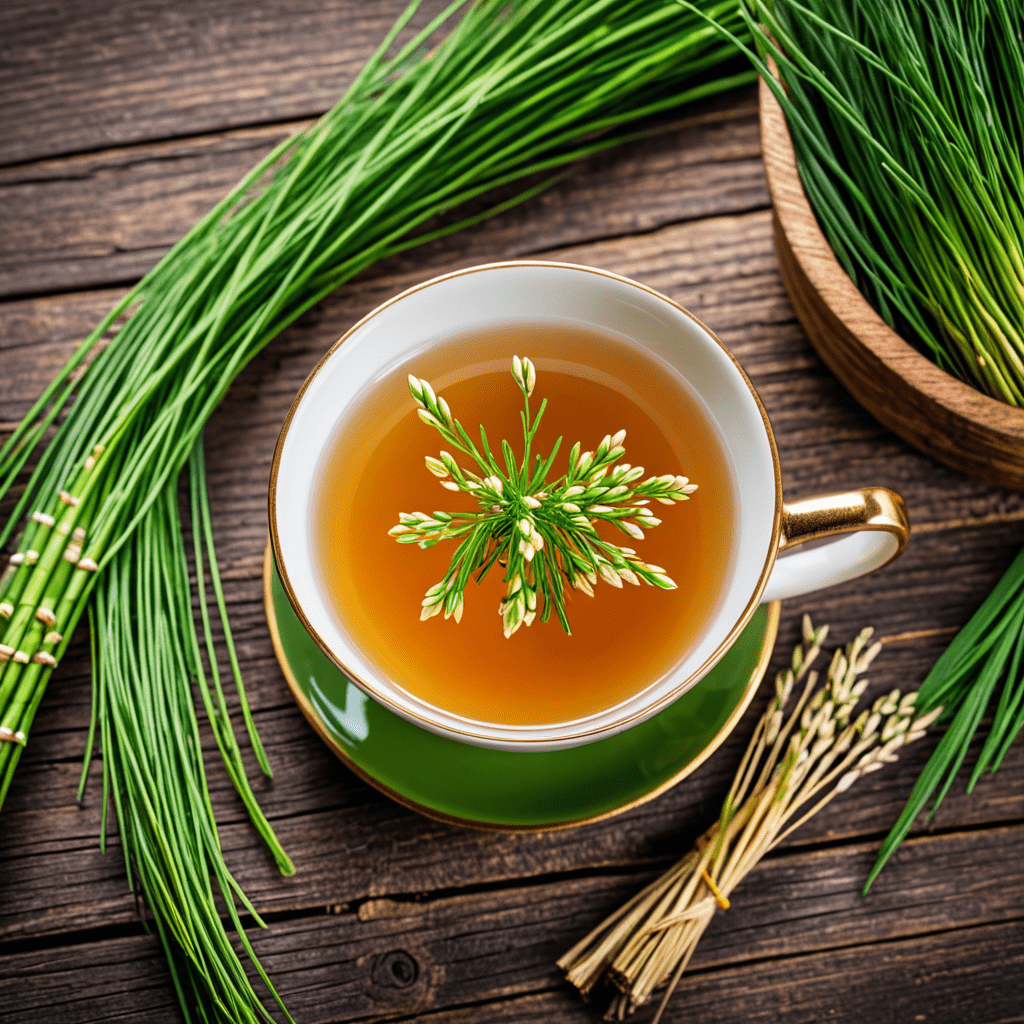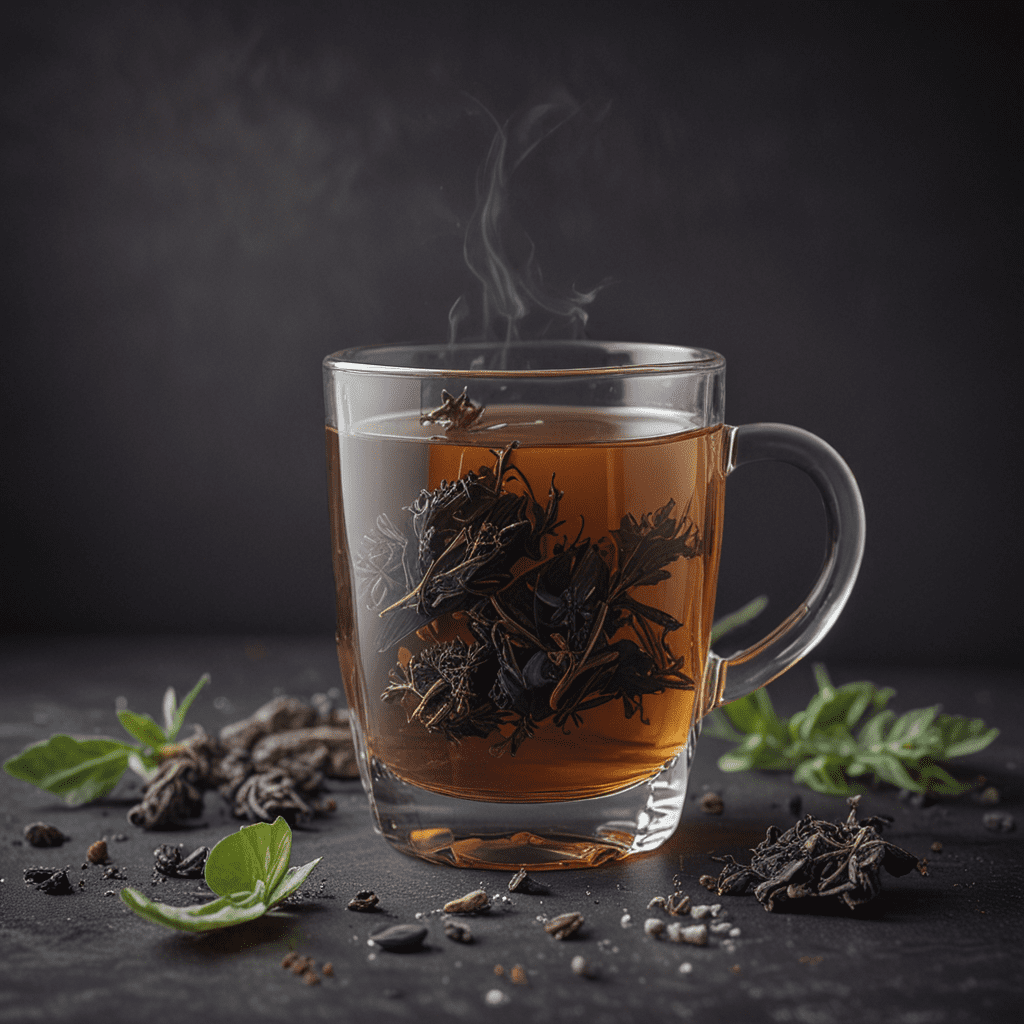
Introduction: The Allure of Ceylon Tea
Ceylon tea, renowned for its exquisite flavor, rich aroma, and deep golden hue, holds a distinguished place in modern tea culture. Originating from the lush highlands of Sri Lanka, this exceptional tea has captivated tea connoisseurs worldwide, leaving an indelible mark on the global tea industry.
The Birthplace of Tea: Sri Lanka's Historic Roots in Tea Cultivation
The origins of Ceylon tea trace back to the mid-19th century when the British introduced tea plants to Sri Lanka, then known as Ceylon. The island's favorable climate and fertile soils proved ideal for tea cultivation, transforming Sri Lanka into a tea-growing nation of global significance. Over time, Ceylon tea became synonymous with quality, establishing a reputation for excellence that persists to this day.
The Legacy of British Colonialism: Shaping the Tea Industry in Sri Lanka
British colonialism played a significant role in the development of the Ceylon tea industry. The establishment of vast tea plantations, operated by British companies, transformed the landscape of Sri Lanka. Tea plantations employed large numbers of local workers, creating a significant economic engine for the country. The British introduced modern cultivation techniques and processing methods that elevated the quality and consistency of Ceylon tea, solidifying its position as a premium product.
The Rise and Fall of Tea Plantations: From Economic Dominance to Globalization
In the early 20th century, the Ceylon tea industry reached its zenith, accounting for over half of the world's tea production. The industry employed millions of workers and generated substantial revenue for Sri Lanka. However, with the advent of globalization and changing market dynamics, the reliance on traditional large-scale plantations declined. Today, Sri Lanka's tea industry is more diversified, with smallholder farmers playing a vital role, ensuring the continued production of high-quality Ceylon tea.
The Evolution of Tea Production: Modern Methods and Sustainable Practices
Modern tea production methods in Sri Lanka embrace sustainable practices and technological advancements to meet the evolving demands of the global tea market. The use of organic farming techniques, fair trade principles, and precision agriculture has become integral to the production of high-quality Ceylon tea. Moreover, research and development have led to the creation of innovative tea processing methods that preserve the tea's natural flavors and antioxidants, enhancing the overall tea experience for consumers worldwide.
The Global Tea Trade: Ceylon's Position in a Competitive Market
Ceylon tea has long played a significant role in the global tea trade. Its reputation for quality and flavor has made it a sought-after commodity worldwide. However, the global tea market is highly competitive, with tea-producing nations vying for market share. Ceylon tea continues to hold its own, maintaining a strong position in key export markets such as the Middle East, Europe, and Asia. Strategic marketing campaigns, coupled with a focus on preserving the unique characteristics of Ceylon tea, have been instrumental in sustaining its global appeal.
Ceylon Tea in the 21st Century: Adapting to Changing Consumer Trends
The rise of specialty teas and the growing demand for healthier beverages have influenced the evolution of Ceylon tea in the 21st century. Tea producers in Sri Lanka have responded to these trends by introducing a wider range of tea varieties, including flavored teas, herbal teas, and tea blends tailored to specific health and wellness needs. Moreover, the adoption of sustainable farming practices and ethical sourcing has resonated with eco-conscious consumers worldwide, further enhancing the appeal of Ceylon tea.
The Role of Specialty Teas: Premiumization and Niche Markets
Specialty teas have emerged as a significant segment of the global tea market, catering to consumers seeking unique and high-end tea experiences. Ceylon tea has gained traction in this segment, with producers offering exclusive single-estate teas, limited-edition harvests, and tea blends crafted by master tea blenders. These specialty teas often command a premium price, reflecting the exceptional quality and rarity of the tea leaves. The rise of specialty teas has provided Ceylon tea producers with new opportunities to showcase the diversity and complexity of their teas.
The Future of Ceylon Tea: Innovation, Sustainability, and Cultural Significance
As Ceylon tea continues to navigate the evolving global tea landscape, innovation, sustainability, and cultural preservation will be key to its future success. Continued investment in research and development will drive the creation of novel tea products and processing techniques. Sustainable farming practices will remain paramount, ensuring the long-term viability of the industry while preserving the environment. Additionally, embracing the cultural heritage and traditions associated with Ceylon tea will further enhance its unique identity and appeal among tea enthusiasts worldwide.
FAQ
What makes Ceylon tea unique?
Ceylon tea is renowned for its distinctive flavor profile, characterized by bright, brisk notes and a subtle sweetness. The tea leaves are grown in the highlands of Sri Lanka, where the favorable climate and soil conditions impart a unique character to the tea.
What are the different types of Ceylon tea?
Ceylon tea is classified into three main types based on the region where the tea is grown: Dimbula, Nuwara Eliya, and Uva. Each type offers a distinct flavor profile, ranging from light and delicate to full-bodied and robust.
How is Ceylon tea processed?
Ceylon tea is typically processed using the orthodox method, which involves withering, rolling, oxidizing, and drying the tea leaves. This traditional method preserves the tea's natural flavors and antioxidants, resulting in a high-quality cup of tea.
What are the health benefits of Ceylon tea?
Ceylon tea is a rich source of antioxidants, which have been linked to various health benefits, including improved cardiovascular health, reduced inflammation, and enhanced cognitive function. Tea also contains caffeine, which can provide a gentle boost of energy and focus.

